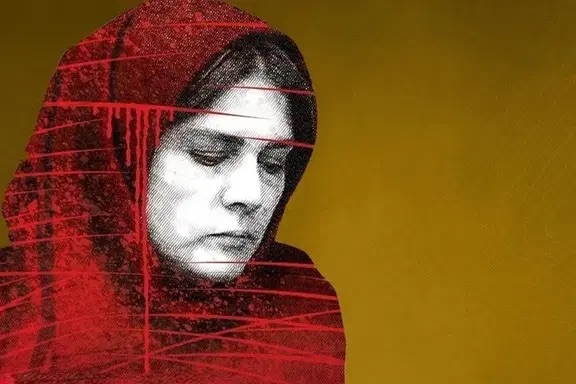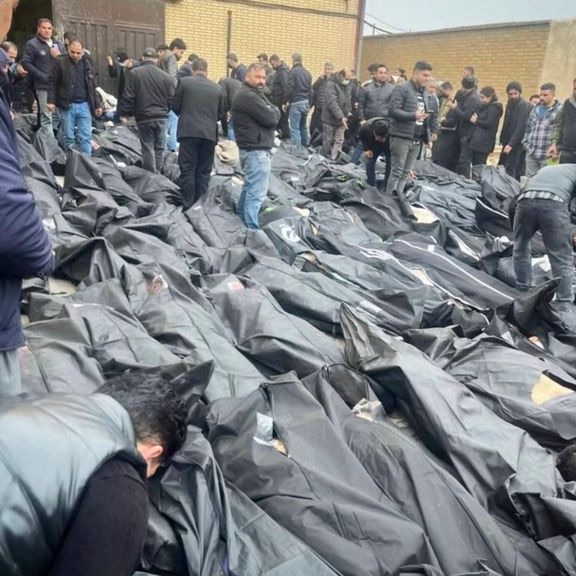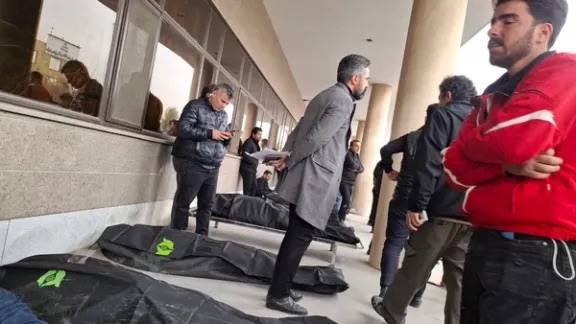
In another blow to women’s rights in Iran, the government has officially withdrawn a long-delayed bill aimed at combating violence against women, after hardline lawmakers in Parliament stripped the legislation of its core protections.
The bill, originally drafted under former President Hassan Rouhani, was intended to introduce tougher penalties for physical abuse and provide vital support services to women facing violence. However, after years of delay and interference, hardline legislators rewrote the bill in a way that, according to critics, nullifies its purpose.
The term “violence” was replaced throughout the draft with the more vague and minimizing term “ill-behavior”. Even the title of the bill was changed—from “Safeguarding Women’s Dignity and Protecting Them Against Violence” to “Safeguarding Women’s Dignity and Supporting Women and Families”—a shift that rights advocates say whitewashes the reality of abuse.
The watered-down version eliminates proposed punishments for a wide range of physical harm—such as bruises, slaps, or cuts—and instead reserves stricter penalties only for extreme cases like dismemberment. Measures aimed at prevention and victim support, including establishing shelters and counseling centers, were also removed.
Zahra Behrouz-Azar, the new Deputy for Women’s Affairs under President Masoud Pezeshkian, confirmed the government had asked for the bill’s removal after it was rendered unrecognizable. “It no longer addresses prevention of violence,” she said on Thursday.
Despite the government’s move, hardliners in Parliament appear determined to push forward with their own version of the bill. Zohrehsadat Lajevardi, head of the Parliament’s Social Committee, signaled that their draft will continue progressing through the legislative process.
The revised version not only weakens legal protections but also introduces policies that many view as regressive. It tasks the Ministry of Higher Education with creating gender-segregated classrooms, libraries, and even universities for women—scrapping the original draft’s call for violence-prevention education and interdisciplinary research.
Critics argue the move exposes the systemic refusal of Iran’s conservative leadership to address gender-based violence. “One cannot expect support for women from a parliament that has approved an oppressive hijab law,” wrote journalist Mina Emamverdi on X. “This contradiction shows a deep structural ignorance of what gender violence really is.”
The withdrawal of the bill comes amid growing public frustration over the regime’s repressive approach to women’s rights, as well as increasing incidents of state violence against women activists and protesters.



